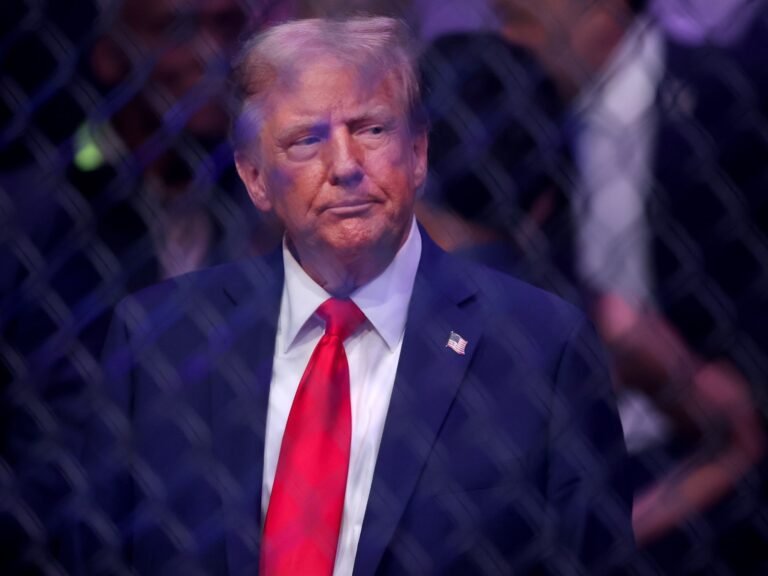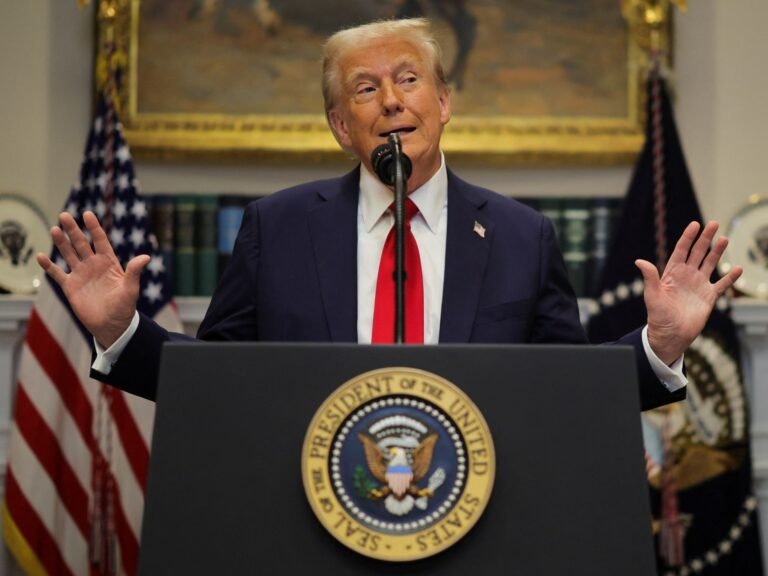Xi in Maleisië: China is een betere partner dan Trump
Chinese President Xi Jinping is on a two-day state visit to Kuala Lumpur, Malaysia, which is part of a broader Southeast Asian tour. This visit is perceived as a signal that China is a more dependable trading partner than the United States, especially amidst ongoing trade tensions with Washington.
Xi, who arrived on Tuesday evening, is visiting Malaysia for the first time since 2013. He previously held discussions in Vietnam, where he signed numerous trade cooperation agreements covering various sectors, including artificial intelligence and rail development.
Upon arrival, Xi emphasized that strengthening “high-level strategic cooperation” would benefit both China and Malaysia, contributing to peace, stability, and prosperity in the region and beyond, according to the official Malaysian news agency.
This three-country tour is seen as a way for Xi to convey that Beijing is a more favorable ally for Southeast Asia compared to the current US administration, which many ASEAN countries feel has unfairly treated them following the imposition of substantial tariffs.
Former Malaysian ambassador Mohamed Nazri Abdul Aziz described this visit as highly significant, suggesting that under Prime Minister Anwar Ibrahim, Malaysia is fostering closer ties with China. He noted that in the long run, Washington’s influence is likely to diminish.
Trade relations with China are strengthening, which is beneficial for both nations, Abdul Aziz remarked. He added, “We are very focused on China. That’s our mentality.”
In contrast, the US has imposed a 24 percent trade tariff on Malaysia, accusing it of imposing a 47 percent tariff on US imports, a claim that Malaysian officials have denied. Recently, Trump introduced a moratorium on the highest US tariffs, replacing them with a 10 percent tariff on goods exported to the US, except for China, which faces a hefty 145 percent tariff.
Xi’s visit to Kuala Lumpur is expected to last three days, during which he will meet with Malaysia’s King and Prime Minister Anwar, attend state banquets, and then proceed to Cambodia. Previously in Vietnam, Xi called for a united front against hegemonism, unilateralism, and protectionism, advocating for a more inclusive and balanced economic globalization.
Analysts suggest that Xi’s trip is an effort to demonstrate that China can provide alternatives to the US. The establishment of a bilateral trading system that bypasses the US dollar is one goal, allowing countries trading with China to conduct exchanges in their own currencies or in the Chinese renminbi.
Of the three countries Xi is visiting this week, Malaysia is considered particularly significant due to its population of 32 million, its developing high-tech sector, and its current chairmanship of ASEAN. Since 2009, China has been Malaysia’s largest trading partner, with trade reaching $212 billion in 2024.
China aims to boost trade with Malaysia, compensating for anticipated declines in exports to the US. Politically, Malaysia wields considerable influence among the 10 ASEAN states, especially regarding territorial disputes in the South China Sea.
Experts believe that Beijing views Malaysia as part of its traditional sphere of influence, especially concerning investments and the “China Plus One” strategy, which encourages Chinese companies to diversify their manufacturing bases.
The establishment of businesses in Malaysia and other Southeast Asian nations is seen as a means to expand China’s influence. Some analysts argue that Xi’s visit is about encouraging Kuala Lumpur to look towards Beijing rather than the US, a shift that could benefit Malaysia economically.
Ultimately, Malaysia is eager for more investments from China and increased market access. Abdul Aziz reiterated, “If we are coming closer to China, it is because we make money with China.”







